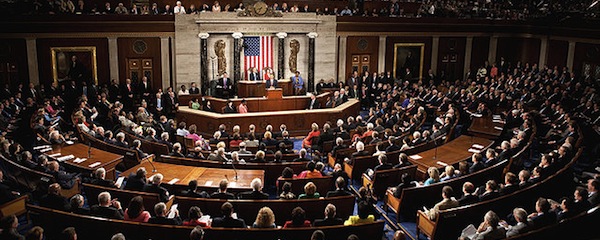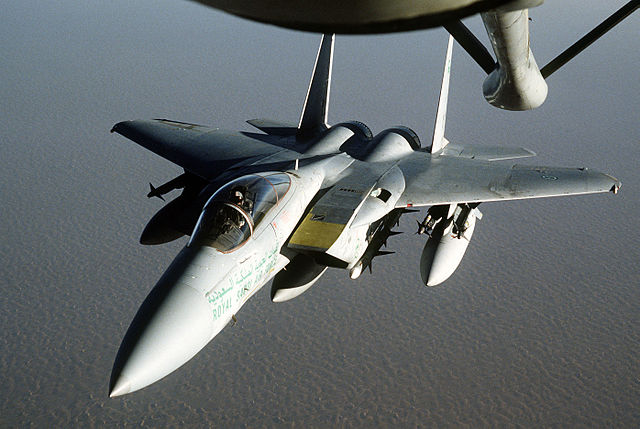Arsenal Bolt: Quick updates on the news stories we’re following.
So far this sounds like a really good deal.
Los Angeles Times: “Iran nuclear deal: Who gave up what”
World leaders announced a landmark agreement Tuesday designed to curb Iran’s nuclear program and lift economic sanctions that have left the country isolated for years. U.S. officials say the deal would prevent Iran from developing a nuclear bomb for at least a decade.
President Obama said that the deal would stop the spread of nuclear weapons to Iran and that it is “not built on trust, it is built on verification.”
Iranian President Hassan Rouhani said in a televised address announcing the deal that “our prayers have come true.”
LAT summarizes key points as follows (details for each at link above):
– Iran will eliminate nearly all of its uranium stockpile
– Iran will decrease its capacity to enrich uranium
– Iran will allow robust inspection of known and suspected nuclear sites, including military areas
– Iran will need to disclose some information about its past nuclear program
– The United Nations, United States and European Union will lift crippling economic sanctions against Iran
– The Western powers retain the ability to reinstate the sanctions if they suspect Iran is cheating
– The United Nations has set a timeline to lift embargoes on Iran’s ballistic missile and conventional arms trade
According to the New York Times, the Obama Administration must now win approval from Congress for the deal (or at the very least win support from more than a third of each chamber to fend off a veto-proof resolution against it).
Israel’s Netanyahu-led far-right coalition government would not have accepted any deal whatsoever, so I don’t take their view into account. This deal remains a critical achievement for global security and stability, including for Israel.

A U.S. government photo from the early phases of the recent Iranian nuclear talks, which ran from 2013 to 2015.










